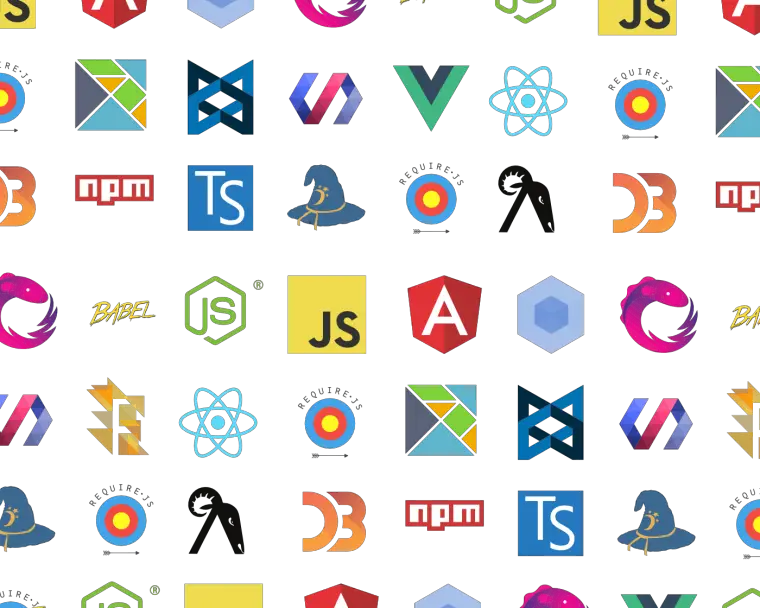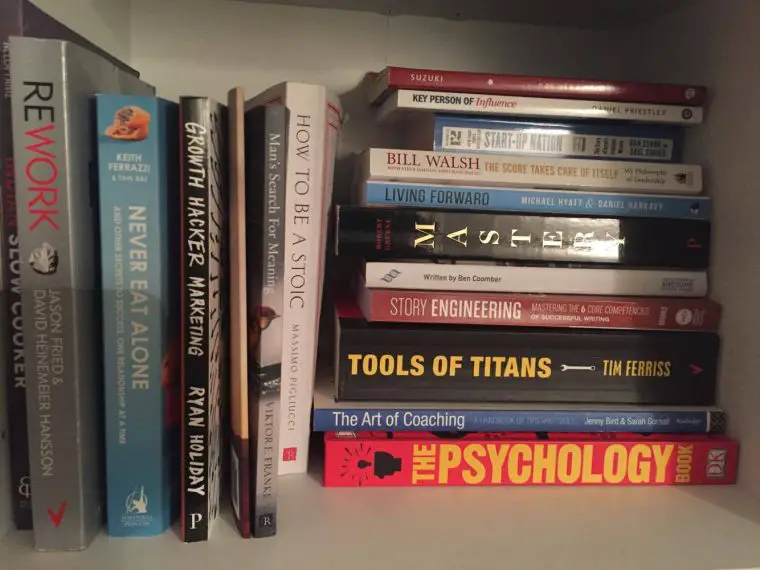We are often an apprentice. Whether that’s joining a new team with a new business domain. Or joining a new job that requires new skills. This means that we’re at the mercy of needing someone else to guide us. Leaving us in the dark, trying to make sense of everything.
As I move between clients often I find myself in the apprentice space a lot. And then wondering what approach is best. Ask lots of questions or hardly any? What amount of interaction makes sense?









